
Chimeric antigen receptor (CAR) T-cell therapy does not always lead to a durable response, and we are trying to figure out why, noted Michael R. Green, PhD, University of Texas MD Anderson Cancer Center.

Chimeric antigen receptor (CAR) T-cell therapy does not always lead to a durable response, and we are trying to figure out why, noted Michael R. Green, PhD, University of Texas MD Anderson Cancer Center.

The process of approving a new therapy for relapsing and/or remitting mantle cell lymphoma therapy got off to a faster start in China, but United States regulators caught up and approved the drug first.
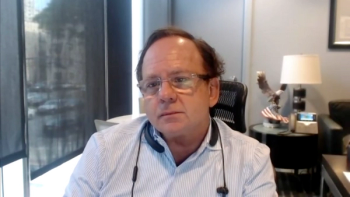
Andre Goy, MD, of John Theurer Cancer Center, discussed what we’ve learned from existing chimeric antigen receptor T (CAR T)-cell therapies in managing cytokine responses.

David H. Vesole, MD, PhD, discusses the evolution of multiple myeloma treatment, and explained how other BCMA-therapies are poised to impact clinical practice.
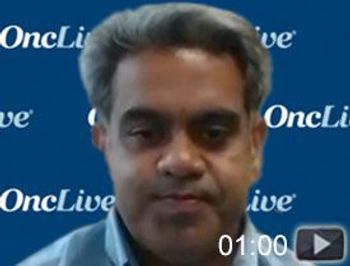
Abhinav Deol, MD, discusses the nuances of utilizing CAR T-cell therapy in lymphoma and leukemia.

A new chimeric antigen receptor (CAR) T cell therapy may help curb the problem of frequent relapse in patients with relapsed/refractory B-cell acute lymphoblastic leukemia.
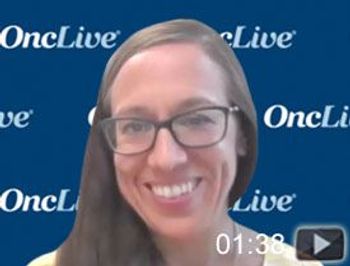
Lori A. Leslie, MD, discusses the importance of clinical trials in finding novel, up-front therapy options for patients with mantle cell lymphoma.
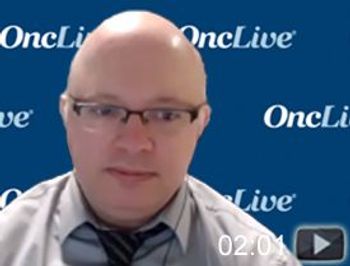
Luciano J. Costa, MD, PhD, discusses the promising role of CAR T-cell therapy in relapsed/refractory multiple myeloma.
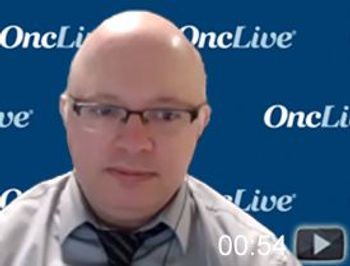
Luciano J. Costa, MD, PhD, discusses remaining challenges with investigational CAR T-cell therapies in relapsed/refractory multiple myeloma.

Combining chimeric antigen receptor (CAR) T-cell therapy and an oncolytic virus were more potent against solid tumors than CAR T-cell therapy alone in mouse models of cancer.

A significant number of patients who undergo chimeric antigen receptor (CAR) T-cell therapy will experience severe neurotoxicity. A new study could help doctors better predict which patients are at risk.
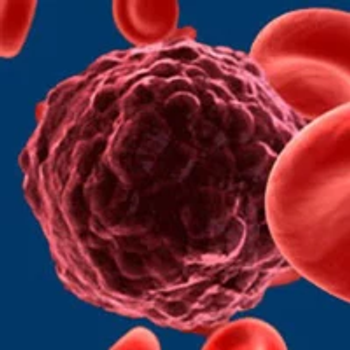
Blinatumomab monotherapy as consolidation therapy prior to allogeneic hematopoietic stem cell transplant resulted a significant improvement in event-free survival and a lower risk of recurrence in children with high-risk B-cell precursor–acute lymphoblastic leukemia.

Pashna N. Munshi, MD, discusses the CAR T-cell therapies that have emerged in the lymphoma space and highlights the next steps for research with these products.

Luciano J. Costa, MD, discusses the emerging role of CAR T-cell therapy in relapsed/refractory multiple myeloma, investigational products such as ide-cel, orva-cel, and JNJ-4528, and early intervention strategies to manage the toxicities associated with these products.

Nina Shah MD, discusses the future of CAR T-cell therapy and bispecific antibodies in multiple myeloma.

Peter Martin, MD, provides an overview of what the current MCL treatment paradigm looks like as well as areas of future exploration and debate.

The therapy, to be sold as Tecartus, will be used to treat adult patients with mantle cell lymphoma who have relapsed or not responded to other treatments.

The European Medicines Agency has validated a Marketing Authorization Application for the CD19-directed CAR T-cell therapy lisocabtagene maraleucel for the treatment of adult patients with relapsed/refractory diffuse large B-cell lymphoma, primary mediastinal B-cell lymphoma, and grade 3B follicular lymphoma following at least 2 prior therapies.
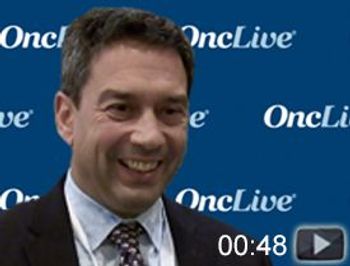
Dimitrios Tzachanis, MD, PhD, discusses the likelihood of cure with CAR-T cell therapy in lymphoma.
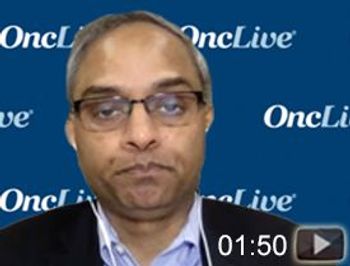
Sattva Neelapu, MD, discusses the potential advantages of allogeneic CAR T-cell therapy compared with autologous CAR T-cell therapy in lymphoma.
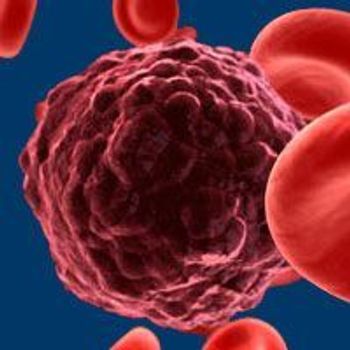
The FDA has issued a clinical hold on the phase 1 MELANI-01 trial evaluating the CAR T-cell product UCARTCS1A in the treatment of patient with relapsed/refractory multiple myeloma.

Immunotherapy and chimeric antigen receptor (CAR) T-cell therapy are new and important treatments revolutionizing care of some cancers; however, their side effects can be very different than what is seen in traditional approaches, such as chemotherapy.
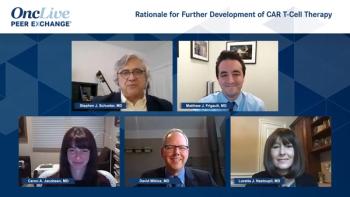

Natalie Sophia Grover, MD, discusses ongoing research with CAR T-cell therapy in hematologic malignancies, efforts examining the potential for this approach in solid tumors, and future directions and challenges with this modality.
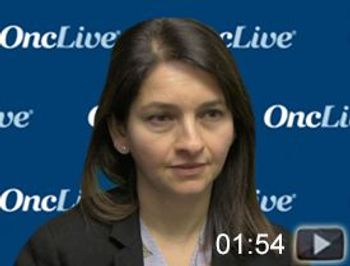
Noopur Raje, MD, discusses the rationale for CAR T-cell therapy in multiple myeloma.